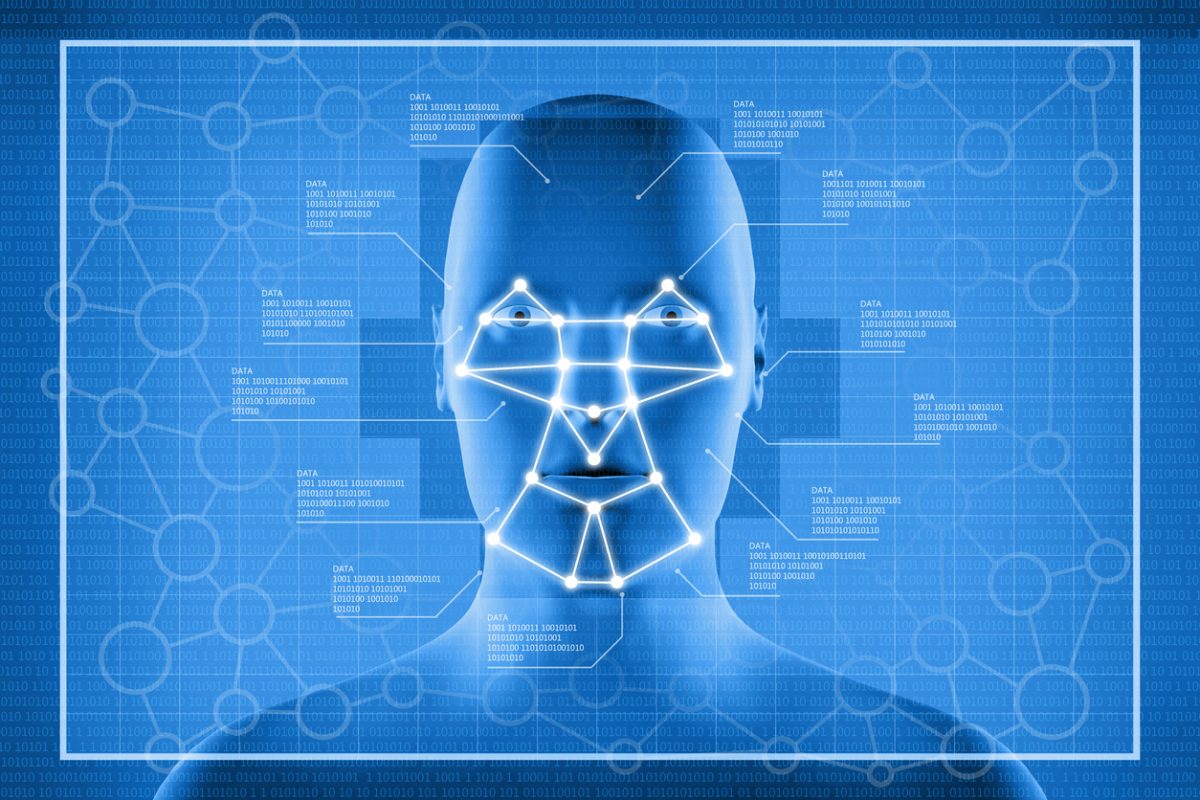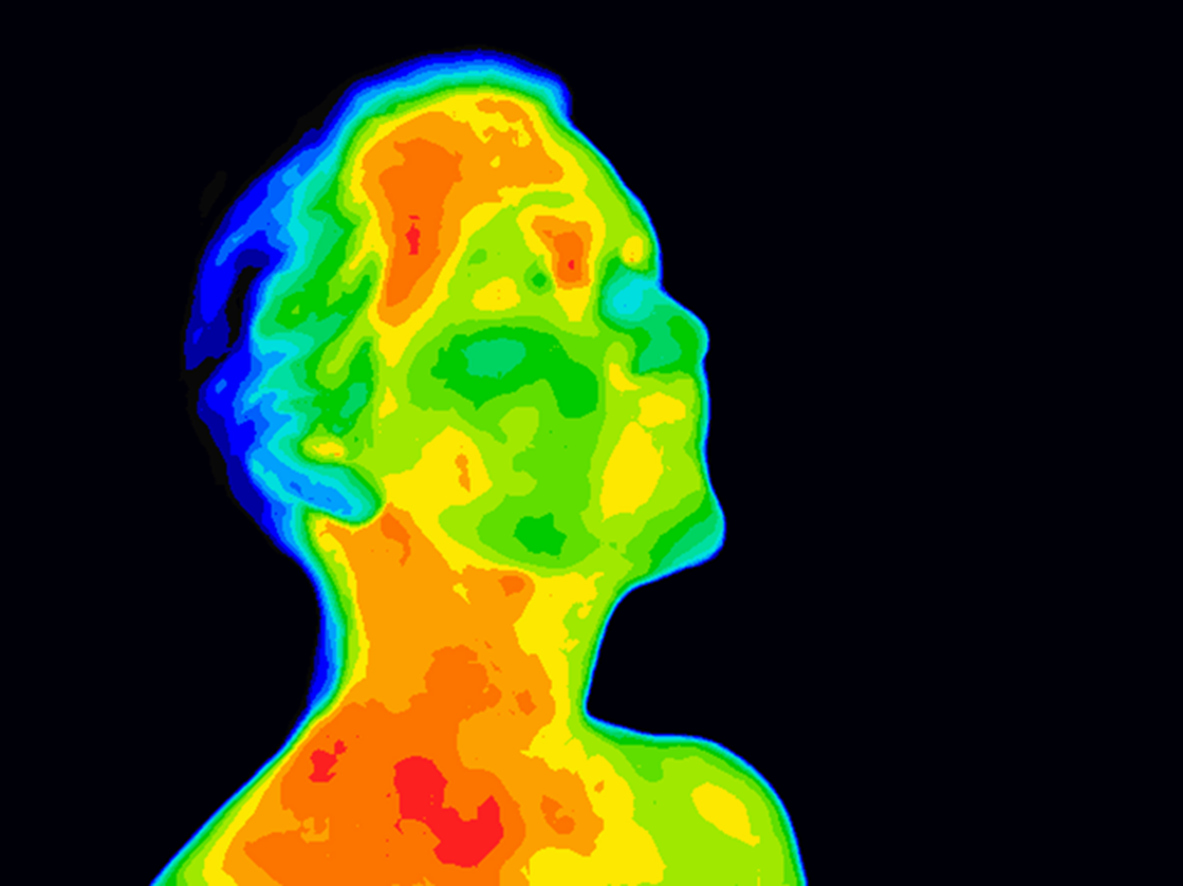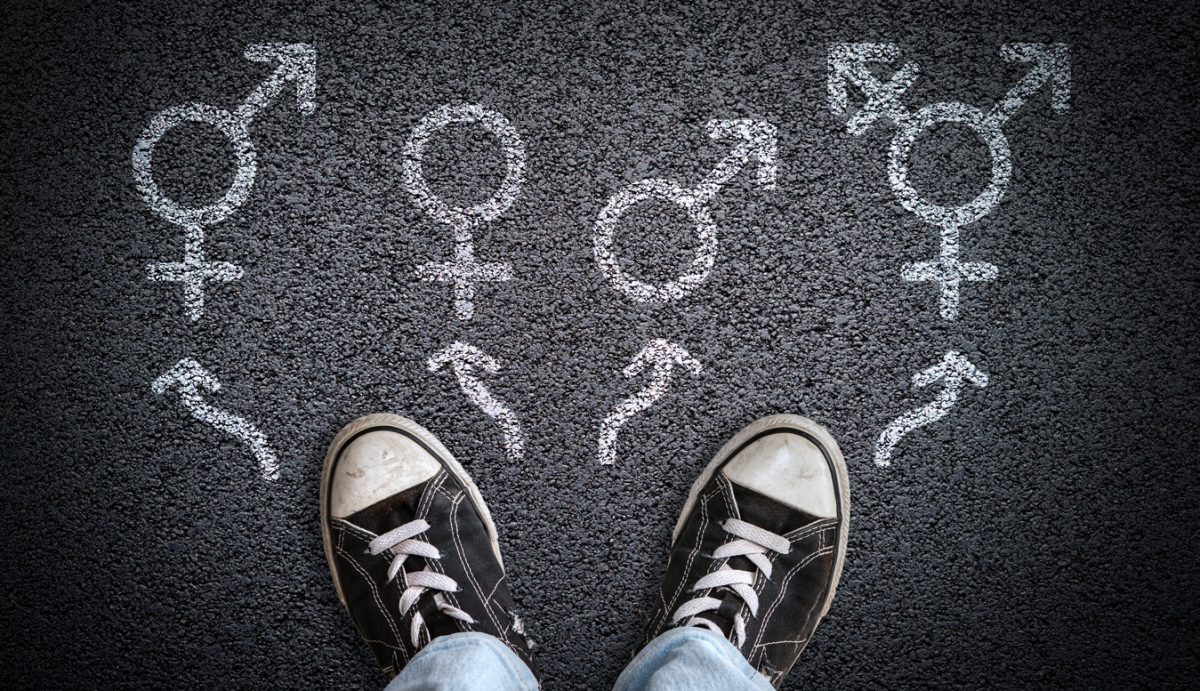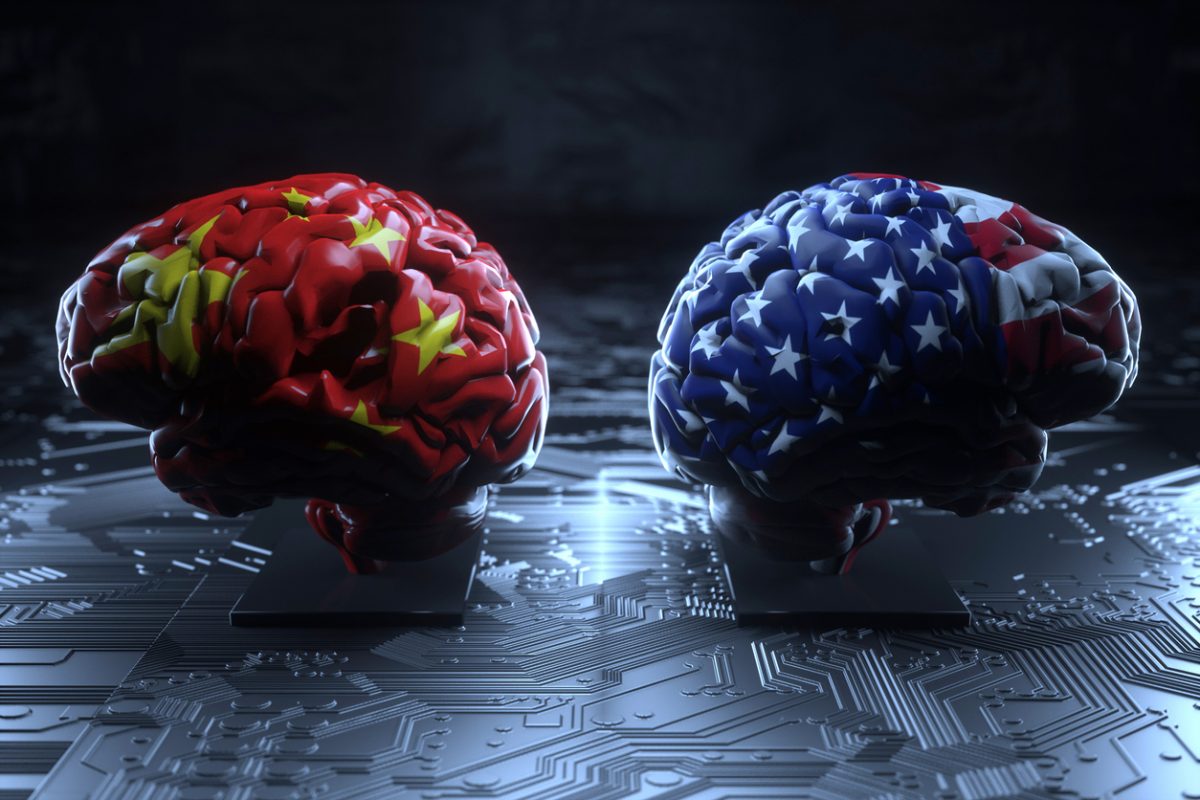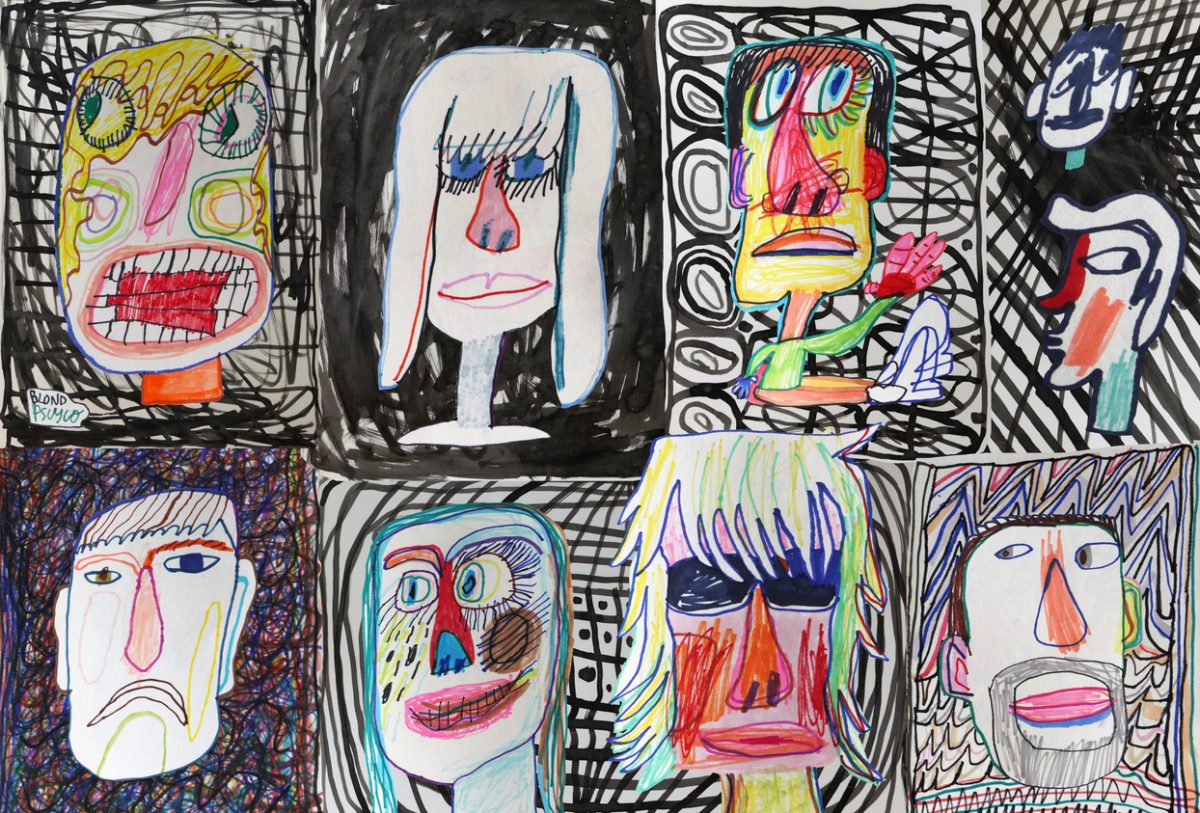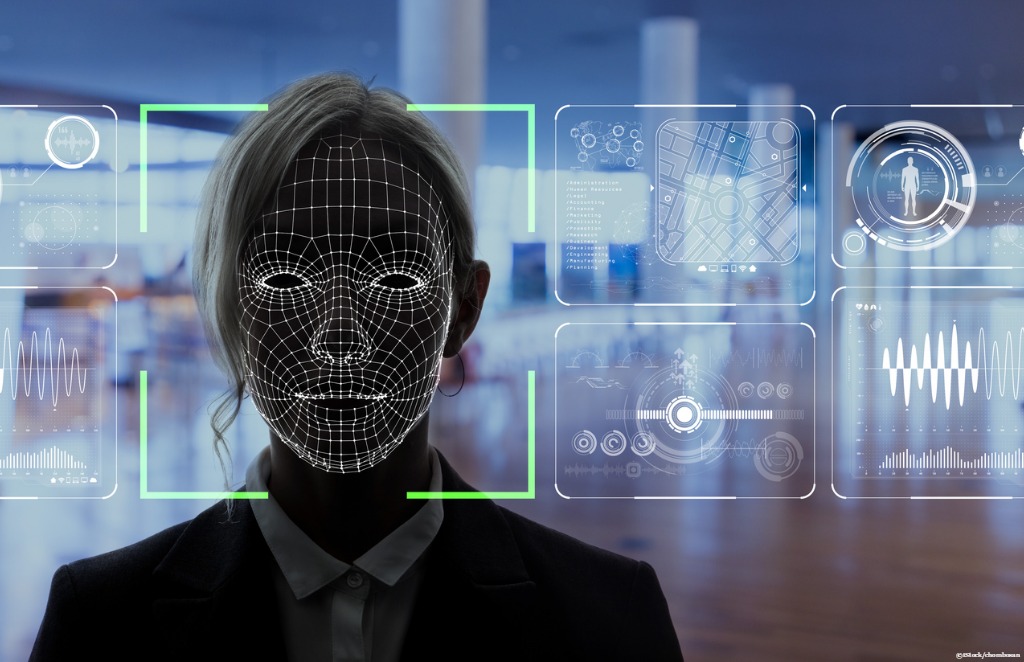Clearview AI has been found to have extensive far-right ties
Controversial facial recognition firm Clearview AI has been found to have extensive ties to far-right individuals and movements.
Clearview AI has come under scrutiny for scraping billions of photos from across the internet and storing them in a database for powerful facial recognition services. Privacy activists criticise the practice as the people in those images never gave their consent.
“Common law has never recognised a right to privacy for your face,” Clearview...

